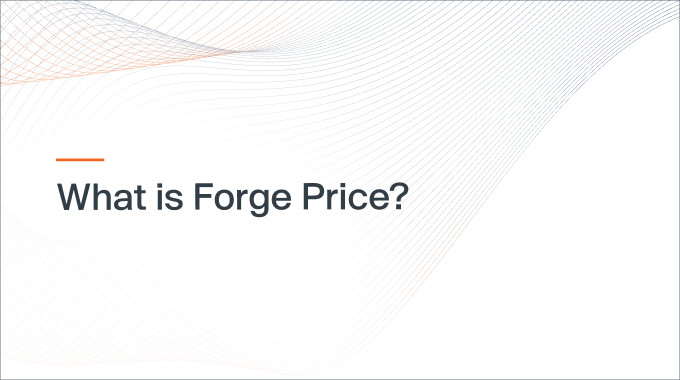What is pre-IPO investing and how does it work?
When it comes to individual investing, you probably think of putting money in the stock market, such as buying shares of publicly traded companies like Apple or Microsoft. But what if you wanted to invest in startups before they become broadly known and publicly traded?
That’s where pre-IPO investing can come into play.
Pre-IPO investing vs. post-IPO investing
When a company has an initial public offering (IPO), it sells shares to the general public via a stock exchange like Nasdaq or the New York Stock Exchange. Once it starts trading publicly, basically any investor can open a brokerage account and start buying or selling the stock. But before a company has an IPO on a stock market, it can be harder for investors to obtain shares. Investors like venture capital funds might acquire stakes in private companies, and employees might earn stock options at a pre-IPO company. The general public, however, does not have as much access to these private investments.
Still, there are ways to invest in pre-IPO companies via private secondary markets like Forge. If you already own stock in a pre-IPO company, or if you want to invest in a startup early, you might be able to trade through a secondary marketplace. The process can take longer and involve more complexity than post-IPO investing, as the private company might have to approve the trade, for example. But with patience and the right connecting mechanisms (e.g., using Forge to match a buyer and seller of pre-IPO stock), you can find opportunities to make (or sell) private investments.
Who can engage in pre-IPO investing?
To engage in pre-IPO investing, you typically either need to own pre-IPO stock that you can sell (e.g. via employee stock grants), or you need to be an accredited investor to buy private stock. Who meets the criteria to be an accredited investor? There are several ways to qualify, as the U.S. Securities and Exchange Commission (SEC) explains.
On a financial basis, you can meet the accredited investor requirements if you have a net worth of at least $1 million, not including your primary residence. Or, if your income exceeded $200,000 (or $300,000 if qualifying with a spouse or partner) for the past two years, and you can reasonably expect the same to happen in the current year, you can qualify as an accredited investor.
Why invest in a pre-IPO company?
Pre-IPO investing can offer individuals the chance to get in early, rather than waiting until a company has grown to the point of going public. By investing in a startup, investors can potentially gain outsized returns. Imagine if you invested in a company like Apple or Microsoft before they ever went public.
That said, investing in a pre-IPO company can potentially carry more risk. For one, the company might never go public or have a liquidity event. Even if it does have an IPO eventually, there’s no guarantee that you’ll experience long-term gains, as some stocks drop before or after going public.
Plus, there’s generally less price transparency in private markets compared with public stock markets. So, there’s a risk you’ll pay a premium, particularly if you don’t have much data to weigh whether you’re getting a good deal. Having done your research and developing a strategy that works for your financial goals, however, making private investments could potentially be a good way to diversify your portfolio, which can be a helpful risk management tool.



